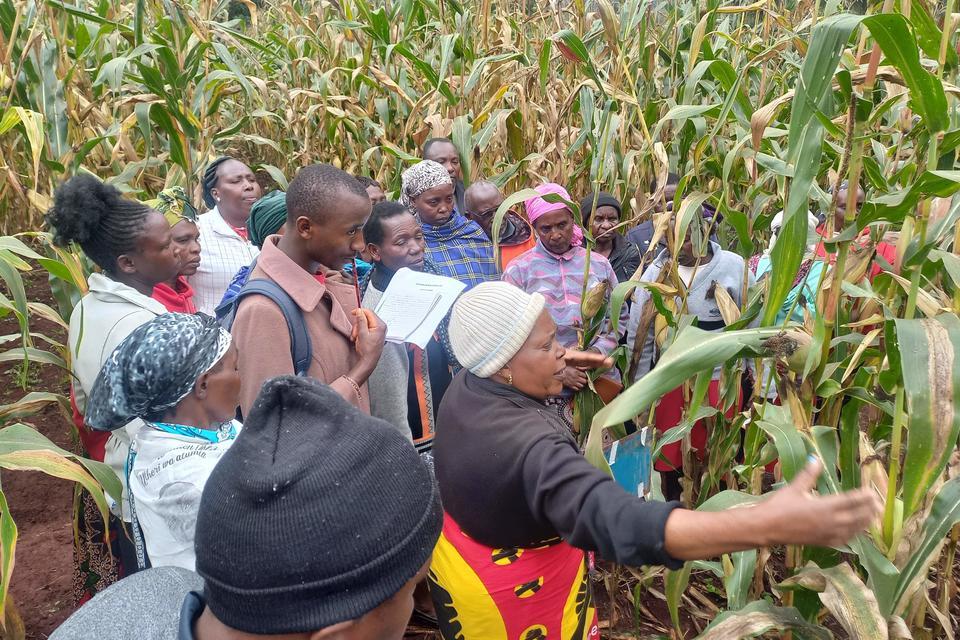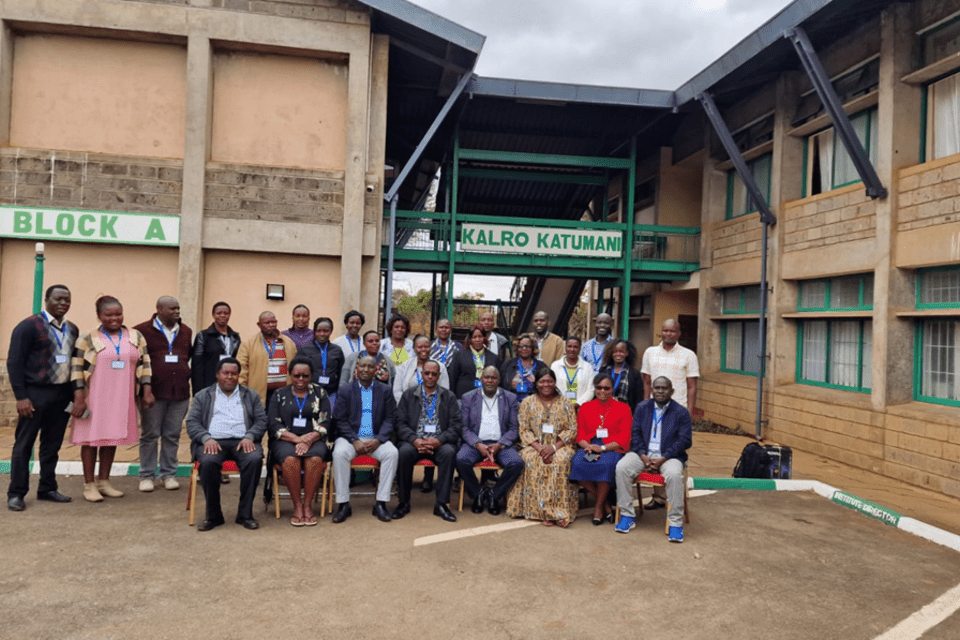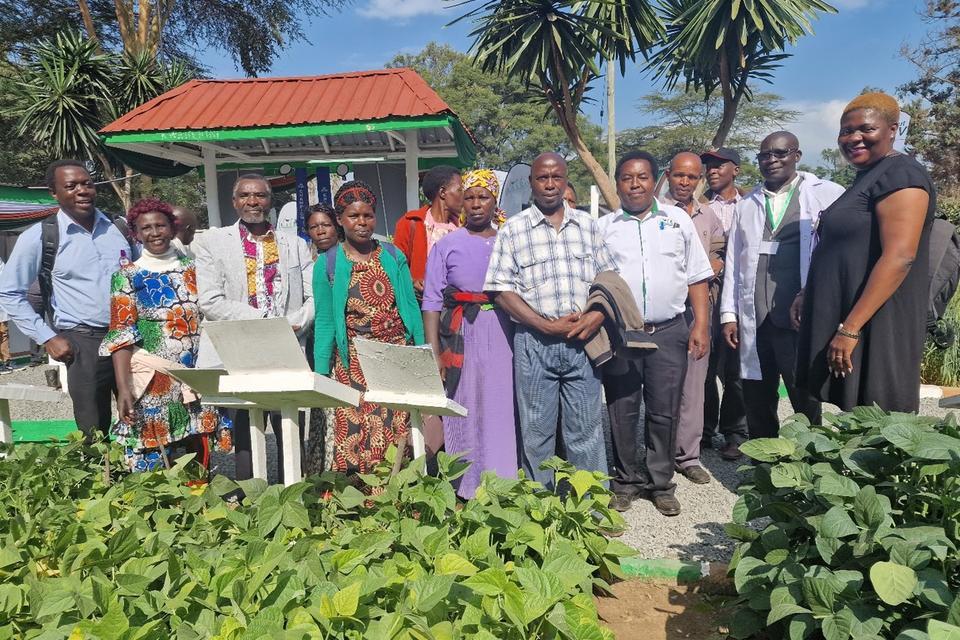Blog Virtual Field Tours Revolutionize Agriculture Information Dissemination in Kenya
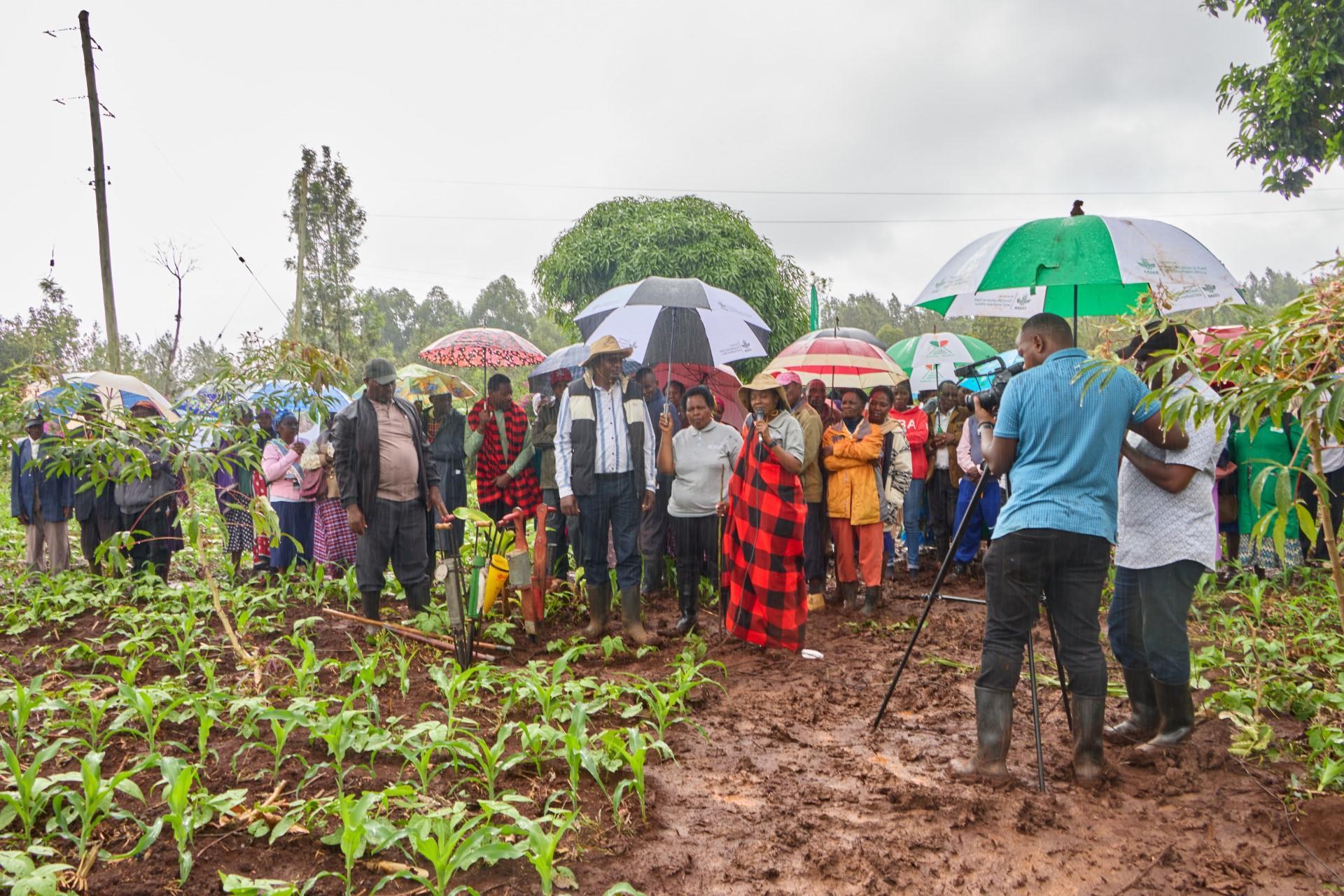
Virtual Field Tours (VFT) present an innovative and inclusive approach of delivering agricultural information by combining both physical field events and virtual live streaming.
By: Boaz Waswa, Eileen Nchanji, Bwema Mogaka, Fredrick Muthomi and Owen Kimani
The VFT is an innovation by the CGIAR Regional Integrated Initiative for East and Southern Africa, Ukama Ustawi (UU) that enables live streaming and sharing of lessons from a field event with a global audience who may not be able to attend the events physically. Alliance of Bioversity International and CIAT in collaboration with Kenya Agriculture and Livestock Research Organization (KALRO), Africa Conservation Tillage Network, County Government of Embu and other stakeholders in Kenya hosted the second VFT in Runyenjes Embu on November 3rd, 2023. The event was attended by over 230 people, 60% being women and over 50 others who connected and followed the event remotely through live streaming. The VFT offer opportunity of ensuring wide and inclusive reach, modernizing extension by using digital solutions, engaging the youth and managing the carbon footprint of participation at field events. In delivering the VFT, one has to take into consideration the needed technical expertise of setting up the media and streaming system, internet connectivity, access to the sites, availability of electricity as well as the weather conditions. This blog shares how the use of VFT can be an innovative approach to revolutionize the agriculture information delivery in East and Southern Africa.
The advent of the digital technology has seen a major shift in the way agricultural information in shared. Traditional extension relied on physical approaches such as farm to farm visits, technology demonstrations and field days. These approaches reach a limited number of beneficiaries, mainly the audience on the ground. Missing out at such physical events are thousands of audiences not able to attend the events. The use recorded and transmitted events such as radio and television enable reaching audience that are away. Approaches that combine both physical field events and virtual live streaming offer a chance for actors on site to benefit same to those following the agricultural events remotely. Live streaming enables instant interaction among the various audiences and adds spice to the learning.
What is a VFT?
The Virtual Field Tour (VFT), entails the research experts from the CGIAR and national research organization and the video crew going into the areas we work and live stream from there through an interactive online platform, allowing our virtual participants the opportunity to follow and engage actively with local stakeholders, partners and innovations.
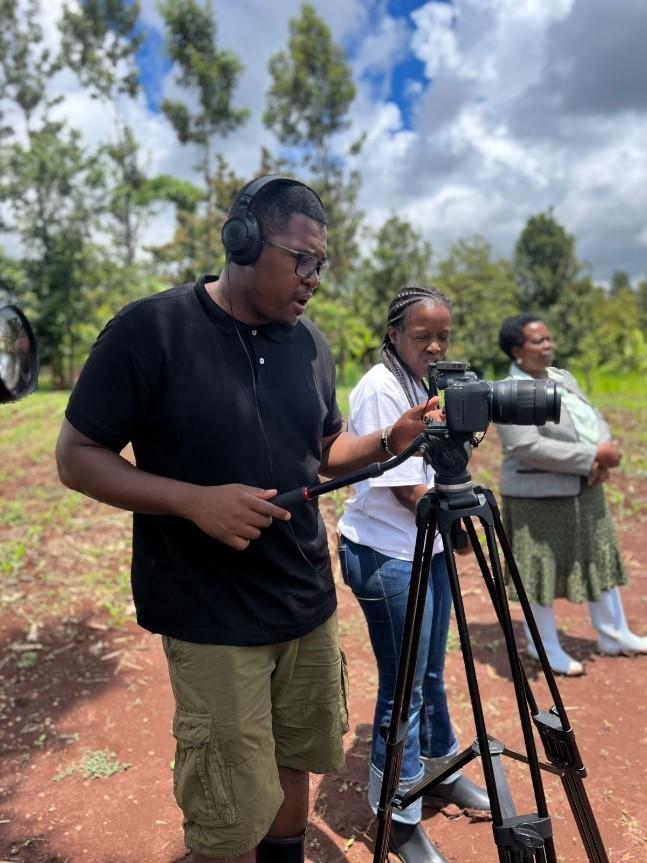
A Virtual Field Tour media set up.

Alliance of Bioversity International and CIAT in collaboration with Kenya Agricultural and Livestock Research Organization (KALRO), Africa Conservation Tillage Network, County government of Embu and other stakeholders in Kenya hosted the 2nd Virtual Field Tour in Runyenjes Embu on November 3rd, 2023, which was preceded by the first VFT in Malawi in April 2023. The CGIAR Ukama Ustawi (UU): Virtual Field Trip in Kenya on Mechanization and Conservation Agriculture (youtube.com) was held on a ‘Mother’ demonstration hosted by Agnes Ndia, a farmer in Kiamugaa Village, Runyenjes in Embu County. The VFT event was attended by over 230 people, 60% being women and over 50 others who connected and followed the event remotely through live streaming.
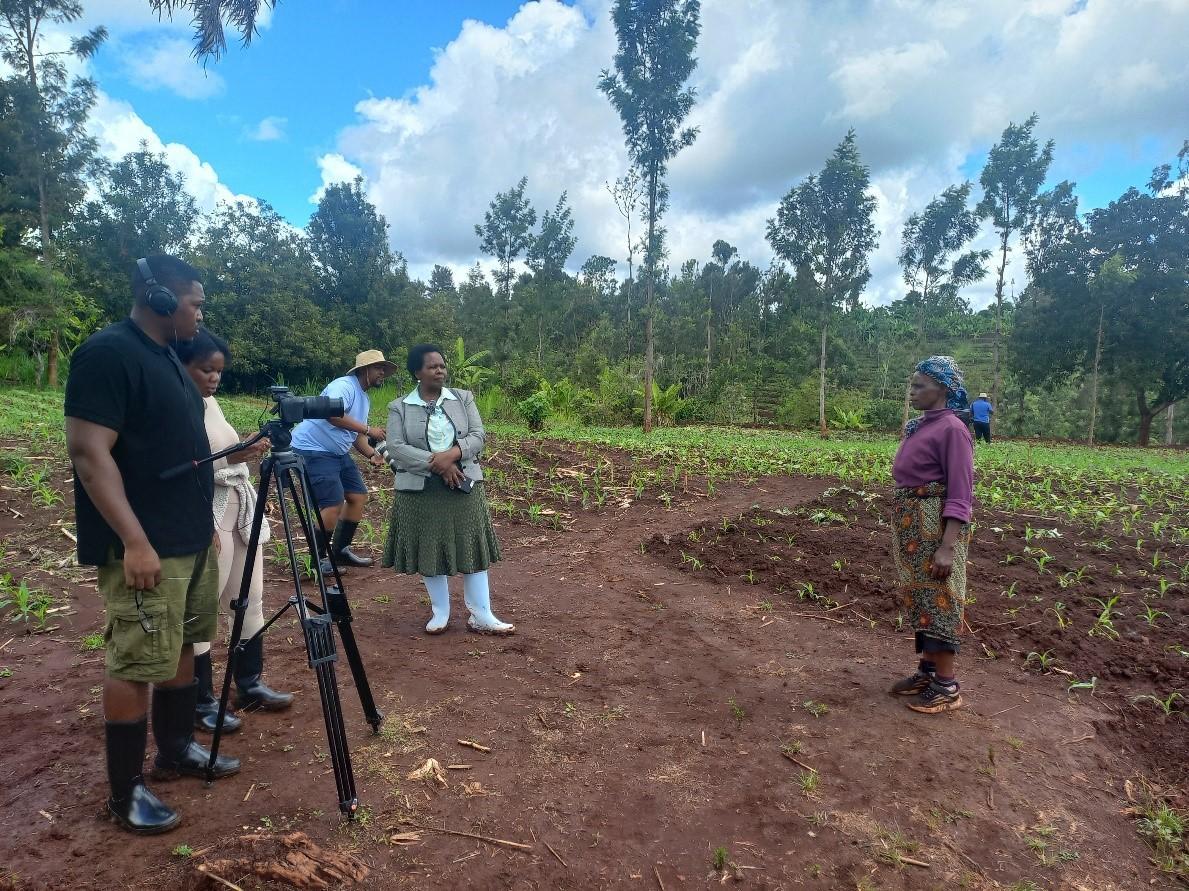
Agnes Ndia, the host farmer at the Virtual Field Tour in Embu Kenya.
The VFT enabled the experts and farmers to interact and share interesting experiences in the journey to adopting and embracing sustainable and climate smart technologies for diversified and resilient maize based systems. Tested on the site were technologies such as conservation agriculture, innovative cropping systems, use of drought tolerance crop varieties and all aspects of good agronomic practices.
Hosting a VFT comes with its share of challenges and lessons. Often the sites are rural with limited internet connectivity, poor access roads and limited electricity that can limit deployment of the technology. Despite Runyenjes being a rural setting, the internet connectivity and transmission was good thanks to the high internet penetration by the major service providers in Kenya. Livestreaming requires an agile team of experts capable to set up the interactive system. The project tapped on the expertise of a technical team comprising of IT and media experts. Being an outdoor event, challenges of weather can disrupt shooting and attendance. The event in Embu coincided with the heavy Elnino rains that the participants had to contend with. One has to deal with the cultural issues including language differences where interpretation was done. The challenges experienced during the VFT presented opportunity to learn and innovate.
Beyond reaching a wide audience in the region and around the world, the VFT aims to ensure inclusivity as those at home and unable to attend the physical event can follow from their phones. The VFT are considered climate smart as they reduce the carbon footprint were it that the many people would have to travel to the demo sites for a physical field day. The approach enhances technological advancement with the use of modern digital solutions. This is an attractive space for the youth to come on board and apply their skills in agriculture.
The Team
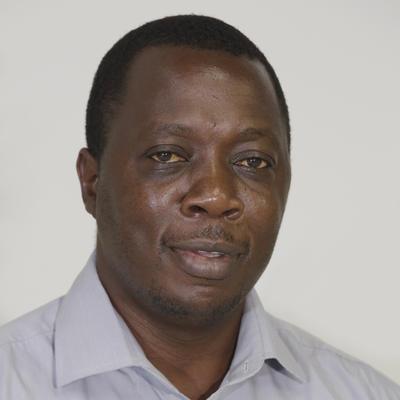
Boaz S. Waswa
Scientist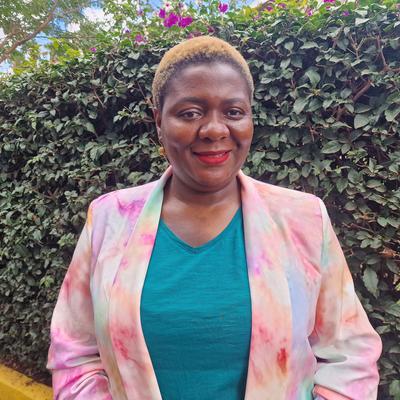
Nchanji Eileen Bogweh
Gender and Social Inclusion ExpertThis work was carried out with support from the CGIAR initiative, Ukama Ustawi (UU): Diversification for Resilient Agri-food in East and Southern Africa, and we would like to thank all the funders who support this research through their contributions to the CGIAR Trust Fund.
Learn more about Ukama Ustawi and other initiatives in the CGIAR research portfolio
See Also
